Publications
Articles, publications, books, tools and multimedia features from the U.S. Institute of Peace provide the latest news, analysis, research findings, practitioner guides and reports, all related to the conflict zones and issues that are at the center of the Institute’s work to prevent and reduce violent conflict.
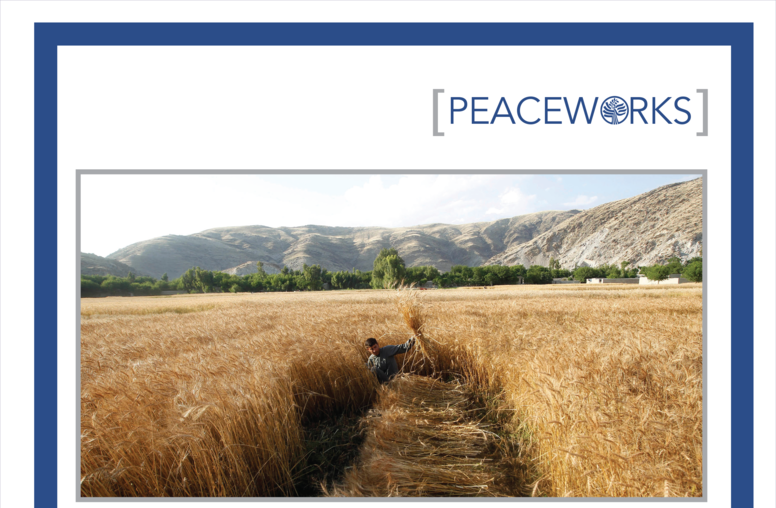
Community-Based Development in Rural Afghanistan
Derived primarily from the author’s field research and experience, this report focuses on community-based programs and interventions in rural Afghanistan. Fundamental assumptions that underlie these interventions, however, are flawed. With an eye to worldwide relevance, the report analyzes these assumptions and suggests ways to better understand the realities of rural Afghan society so that the government in Kabul can more effectively implement programs in rural areas, engage rural participation, deliver needed services to that population, and administer the country more generally.
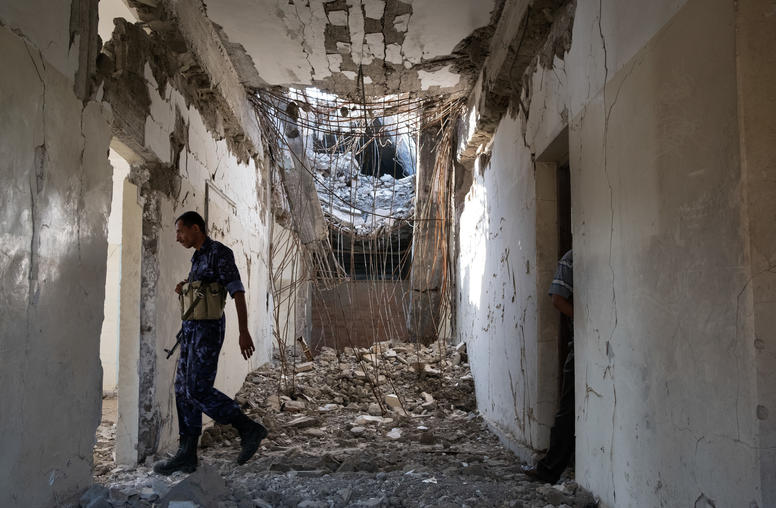
Beneath the Saudi-Iran Proxy War in Yemen, Part 1
Looking at the maneuvers by Iran and the Saudi-led coalition in Yemen from afar, the battlefield looks a lot like a black-and-white contest for regional power. But as the U.S. considers escalating its role in the conflict—and Secretary of Defense Jim Mattis visits Riyadh this week—it is essential to understand how local realities can get lost in a proxy war.
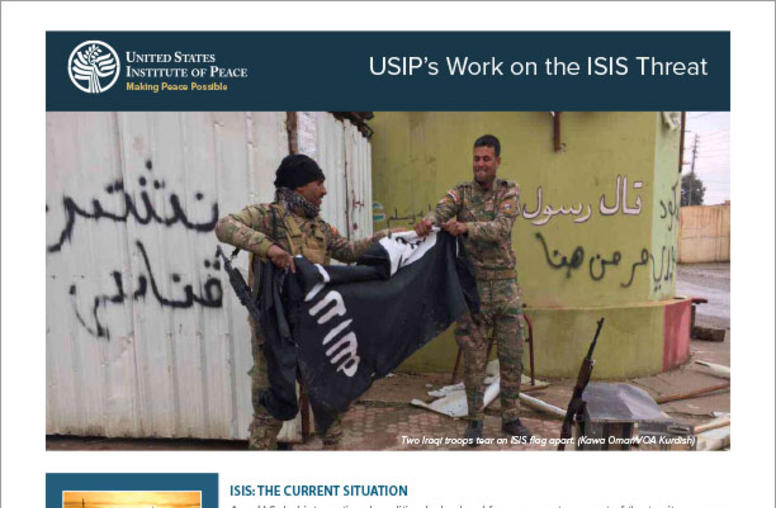
USIP’s Work on the ISIS Threat
The U.S. Institute of Peace has operated on the ground in Iraq since 2003 and in Afghanistan since 2002, as well as in Libya, Nigeria, Syria, Tunisia, and Yemen. As a small, agile institution, USIP works with local leaders and the U.S. government, including the military, to stabilize areas devastated by ISIS, end cycles of revenge, and address the root causes of radicalization, including corrupt and abusive governance.
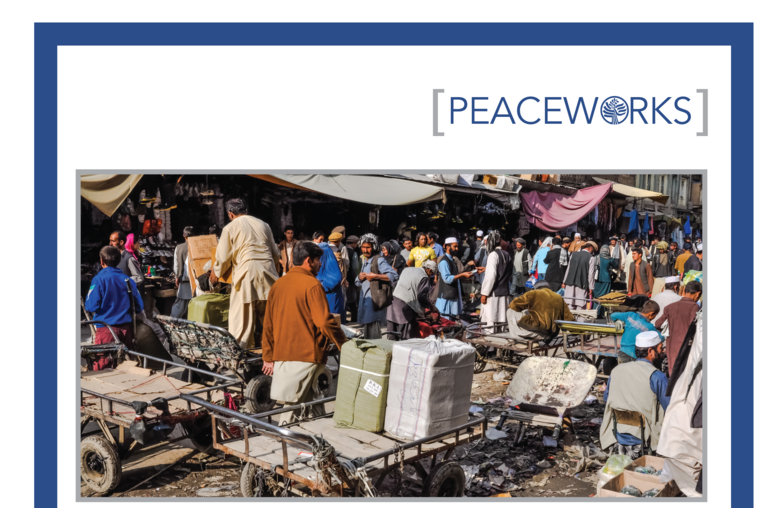
Kabul and the Challenge of Dwindling Foreign Aid
This report offers a comprehensive look at the capital city of Kabul and its unique role in Afghanistan’s transition away from more than a decade of foreign occupation and violence. Social tensions are simmering just under the surface in the capital, even more so than in other Afghan cities, and have the potential to foment serious unrest.
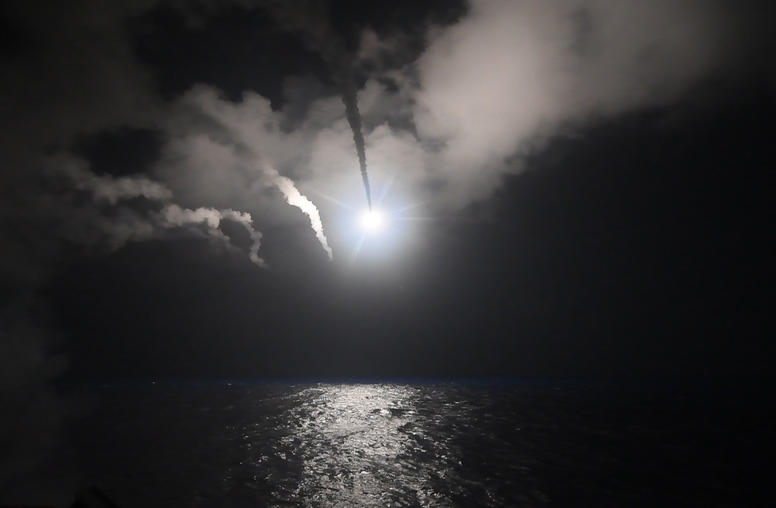
Q&A: Will U.S. Strikes on Syria Change Conflict’s Course?
The United States launched its first air strikes against forces backing Syrian President Bashar al-Assad since the country’s civil war began six years ago, in retaliation for a chemical-weapons attack that killed more than 80 civilian men, women and children. Elie Abouaoun, who is director of Middle East and North Africa programs at the U.S. Institute of Peace and is based in the region, examines the strategic implications, and USIP President Nancy Lindborg, who has worked for nearly 30 years on humanitarian crises and areas affected by conflict, comments on the factors that prompted the U.S. attack.
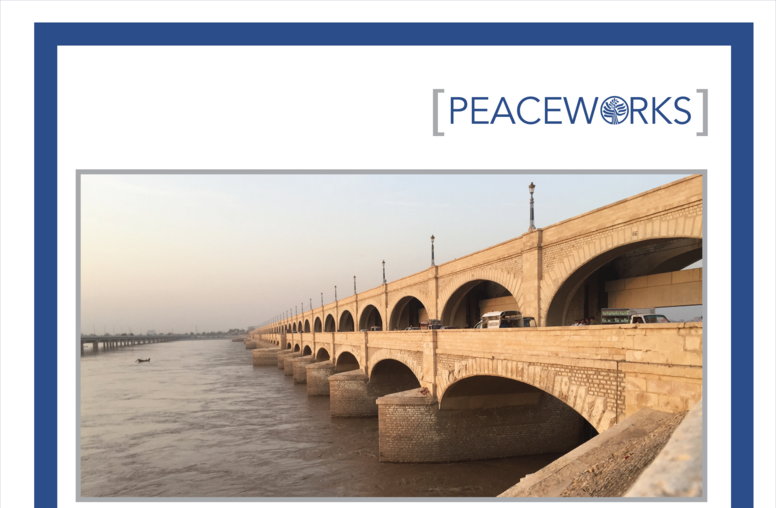
Contested Waters: Subnational Scale Water Conflict in Pakistan
This report reviews the evidence for, and politics around, water-related conflict at local, provincial, and interprovincial scales in Pakistan.
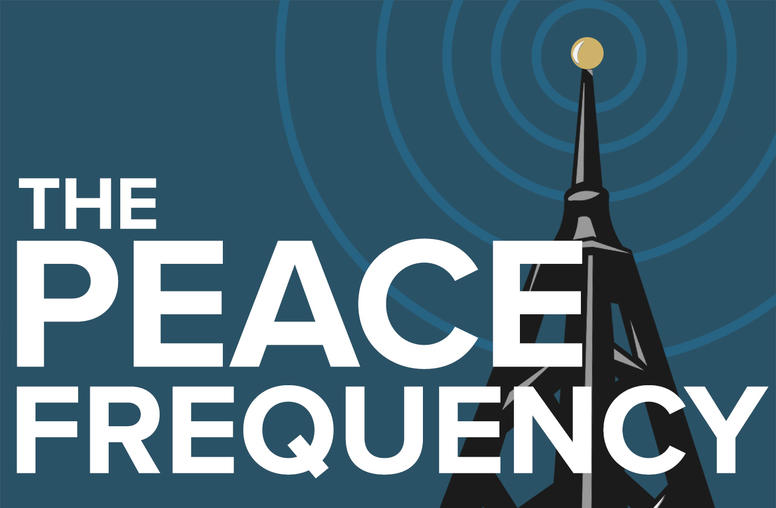
Episode 44 - Gandhi-King Episode
In this episode of the Peace Frequency we take you to Memphis, TN and the annual Gandhi-King Conference. This year's theme was "Know Justice, Know Peace" and this episode is dedicated to that theme and the individuals who attend this conference. This recording featured seven individuals talking about their own identities, their own experiences with justice and peace and their understanding of love as the foundation of nonviolence.
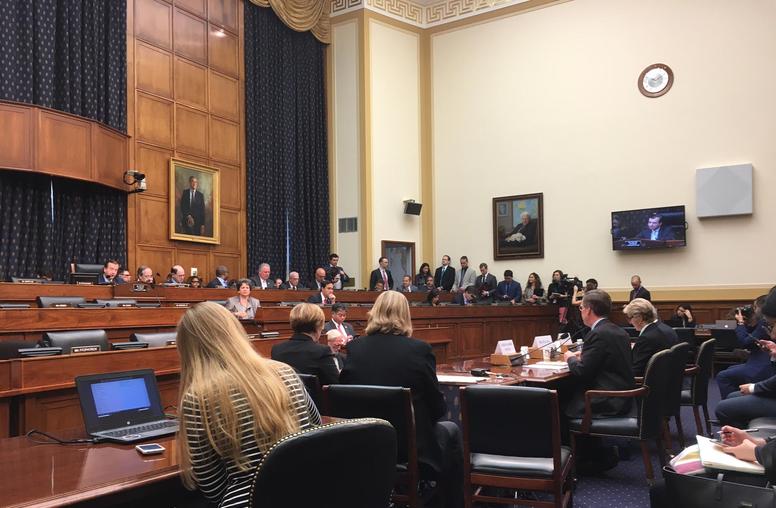
Foreign Assistance for American National Security
Stephen D. Krasner, USIP board member, testified before the House Committee on Foreign Affairs on foreign assistance for American national security.
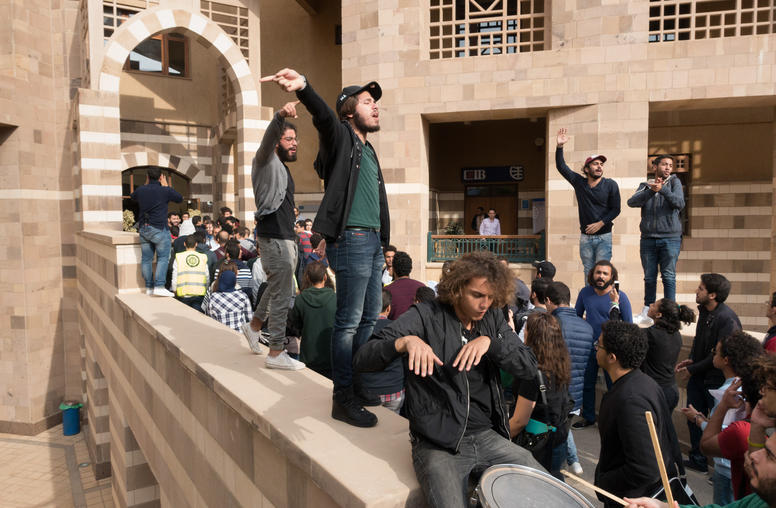
The U.S. Should Not Just Watch North Africa Slip into Chaos
Curbing US involvement abroad was a signal campaign promise of the new US administration. Anything that smacked of nation-building drew the sharpest criticism. The appeal to many voters of such disengagement is understandable and the view is woven into an evolving foreign policy.
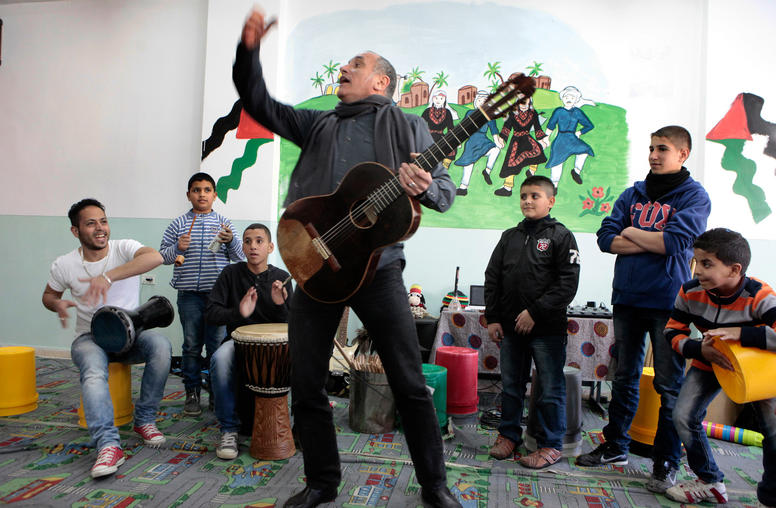
Grassroots Work in the Israeli-Palestinian Conflict
Former U.S. Senator George Mitchell, drawing on his experience negotiating the Good Friday Agreement in Northern Ireland and trying for an accord between Israelis and Palestinians, said ending violent conflict requires two critical components: committed political leadership and grassroots efforts that build bridges between peoples.